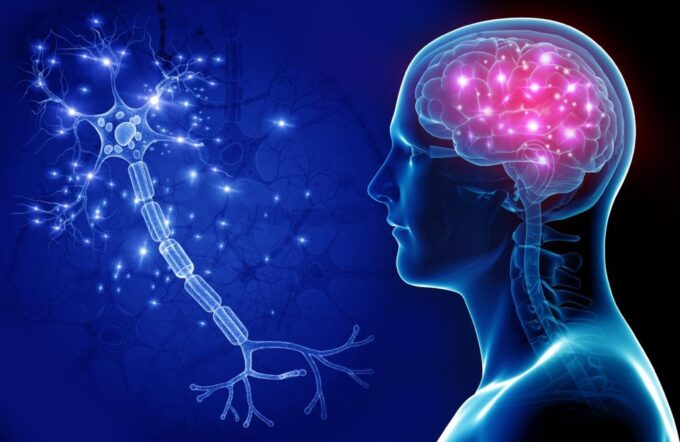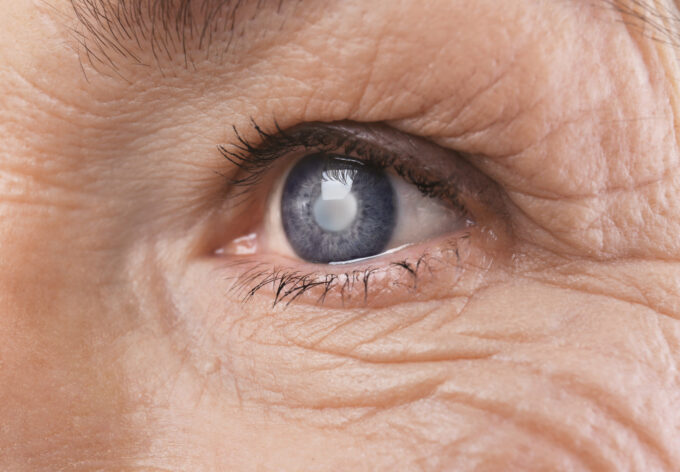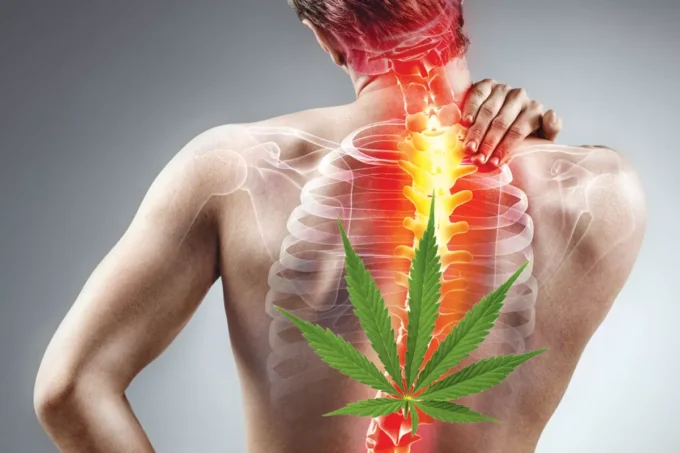While there has been a negative stigma surrounding marijuana as an illegal drug, that has been changing over the past couple of decades. An increasing number of states are now legalizing marijuana, either as a medically controlled drug or as a fully legal recreational drug.
Currently, marijuana is fully legal in 20 states. It has been decriminalized or legal for legal medical use in another 19 states. In 2024, there are several states that have legislation due to be voted on that could increase the legalization status.
The driving force for legalization is that marijauna has been found to offer several very useful medical and health benefits. Marijuana is a relatively safe drug to take, especially compared to strong prescription medication that may come with a lot of harsh side effects or severe addiction issues, like opioids. Marijuana has minor side effects like fatigue, loss of focus, and the psychoactive effects that make you feel “high”. As long as you follow proper marijuana storage practices, it can last a long time. Click here to learn more about proper storage practices.
If you have health issues and want to know if marijuana can help, here are seven of the more important health benefits that it has to offer.
1. Pain
One of the best-known properties of marijuana is that it can be a great help to relieve pain, which is a major reason why it first began to be legalized for medical use. It is prescribed by doctors to help people treat a variety of different kinds of acute and chronic pain, such as:
- Arthritis and joint pain
- Fibromyalgia and muscle pain
- Headaches and migraines
- Back and neck pain
- Scar tissue and nerve pain
This is especially useful as a safer alternative to prescribing people opioid medication, which carries far more risk for addiction.
2. Nausea, Vomiting, and Appetite

Source: medicalnewstoday.com
Another common health issue that marijuana can help with is reducing nausea and vomiting, and increasing appetite. This is why marijuana is commonly prescribed to patients for radiation treatments for cancer, which causes severe nausea. This helps them have an appetite to eat, so they can stay as strong and healthy as possible throughout the harsh side effects of radiation.
3. Sleep

Source: whywesnore.com
Sleep deprivation is another common issue that affects most adults at some point in their lives, especially if they have chronic issues like insomnia. There are numerous negative health issues that can come from being sleep deprived for a prolonged period of time, including increased risk of heart issues, stroke, weight gain, and diabetes. Drowsiness is a common effect of some strains of marijuana, making it useful as a sleep aid for people who don’t want to take harsher prescriptions.
4. Multiple Sclerosis

Source: kauveryhospital.com
Multiple sclerosis (MS) is a neurodegenerative condition that affects your central nervous system. It has no cure, but causes your immune system to attack and destroy your nerve fibers in your spine and brain. Over time, this leads you to experiencing pain, fatigue, numbness, tingling, weakness, and muscle spasms.
While there is no cure for MS, there are medications and treatments that are used to help slow the progression and improve the quality of life for people who have it. Sativex is one such medication, which uses the THC and CBD from marijuana to reduce pain and muscle spasticity, which both help improve quality of life.
5. Seizures

Source: healthline.com
Seizures from various forms of epilepsy affect around 3.4 million people in America. There is no known universal cause or treatment for them, as there are many different types that have their own characteristics. There is no known cure, and even treatments used to reduce the frequency and severity of seizures often do not work the same for people with the same condition. More severe forms of epilepsy are also known to be resistant to treatments.
One newer treatment is the use of CBD from marijuana, which was the first cannabis-based medication approved by the CDC. It is used for children with two extreme and treatment-resistant forms of epilepsy. There is also growing evidence that marijuana as a whole can help less severe forms of epilepsy, but it has been slow to determine due to how difficult it is to find a universally consistent treatment.
6. Glaucoma

Source: Hosbeg.com
Glaucoma is an eye condition where pressure and inflammation causes your optic nerve to deteriorate over time. This can lead to reduced vision and eventually blindness if it is not addressed. This specific health condition was one of the original medical uses for marijuana. While the best treatment for glaucoma is surgery to permanently relieve the pressure, marijuana can be used as a temporary treatment to relieve the pain and pressure until your surgery can be performed.
7. Digestion Disorders

Source: healthgrades.com
There are a few types of disorders that affect digestive systems with inflammation and pain, such as Irritable Bowel Syndrome (IBS) and Crohn’s Disease. Since pain and inflammation are common issues that marijuana can assist with, it is being used more often to manage symptoms of these conditions.
Marijuana is best used to help deal with severe flare ups of your condition to help reduce pain and inflammation. It will not cure the pain, and it is not recommended to use marijuana at all times to try and keep your pain reduced at all times. You can also use the marijuana to help increase your appetite when you have digestion disorders, which can help you avoid losing too much weight and losing out on valuable nutrients and calories.
If you have any of the above health issues and are interested in trying marijuana to see if it can help, you should first speak with your doctor. They can help advise you on whether it is suitable for your condition, and how to get a prescription if it is restricted in your state. If you can get a legal prescription, they can also advise you on whether it is safe to take marijuana with any other medication you take. Marijuana may have relatively few and minor side effects, but it can have bad reactions with certain types of prescriptions.








